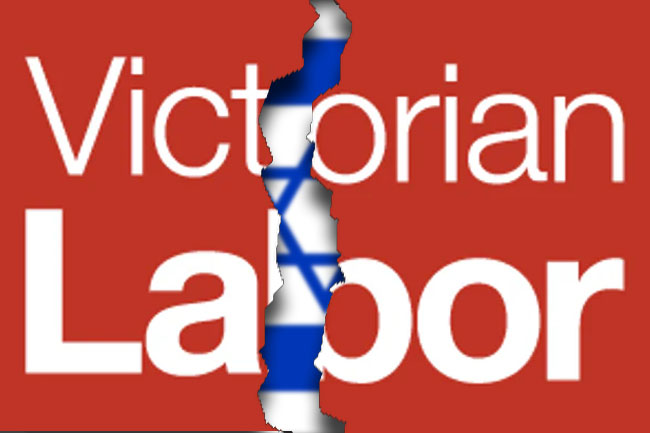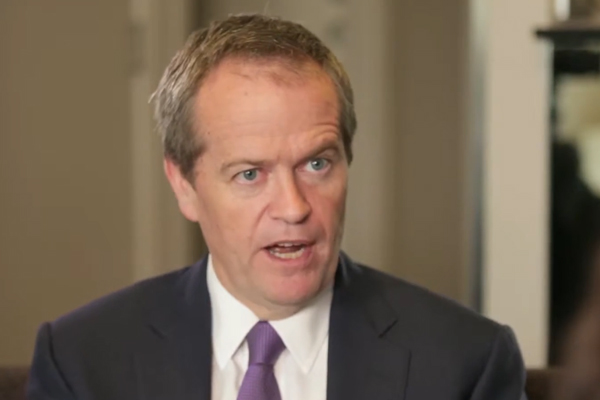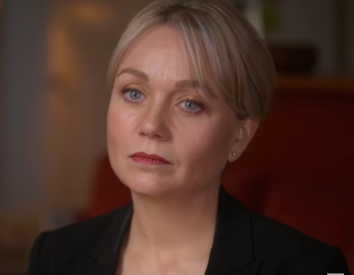Like many, I was surprised when on the morning of February 26, the Andrews Government announced another duck slaughter season in Victoria.
I wasn’t the only person who lives in regional Victoria who was surprised either. Even Jeff Bourman, of the Shooters and Fishers Party, said in relation to the reduced-length slaughter:
“… at least we have a season for the moment.”
I wish I shared Jeff’s optimism that this may only be a momentary lapse of judgment and that common sense may actually prevail prior to May 2, or Mayday for our wildlife.
Many have questioned the factors that drove the Victorian Government to make this decision. A decision that goes against the wishes of an overwhelming number of Labor members and voters, seemingly to try and appease a diminishing number of shooters who primarily vote for the Shooters and Fishers Party or the Coalition.
Those who queried the Government’s decision were told:
'The authority has subsequently advised the government that the bushfires have had a minimal direct impact on current duck populations and habitat.'
Those who delved further were advised that duck season brings thousands of visitors across the State, and will provide much-needed revenue into regional areas, including in bushfire-affected communities.
If you’re a shooter the response suggests that regions have been fire-impacted and desperately need your money. If you’re not a shooter the response suggests that the regions haven’t been fire impacted at all so it’s alright for the city slicker cowboys to come in guns a-blazing. It’s all a matter of perspective, apparently.
Over the last couple of months, there have been millions of dollars raised to support our wildlife and their rescue after the bushfire crisis killed over a billion animals and put some species on the endangered list. Much of the money raised has come from overseas donations. Generous donors that will be pleased to see Victoria has taken the money in one hand and flip the bird (pardon the pun) at the donors with the other.
The government has relied on so-called "expert" advice and taken a please-nobody approach by allowing a shortened season with a lower carcass count (bag limit). This only serves to confirm that the drought and the bushfire crisis should have seen the season cancelled, as it has been previously.
The expert advice the Victorian Government appears to have relied upon came primarily from an optimistically titled report 'Duck Hunting In Victoria 2020'', prepared by Field and Game Australia — an organisation heavily reliant on the shooting of wildlife.
Contained in that report are some pearls of wisdom under the heading, 'Economic and Social Benefits'.
The report claims that in 2019, Victoria accounted for 26.5% of the economic activity created by shooting. While that sounds like a decent percentage it needs to be remembered that Victoria has approximately 24% of Australia’s population. When you also take into account that the biggest state, NSW, as well as the other two biggest states, Queensland and Western Australia, don’t have a duck season, you would expect Victoria’s percentage of economic activity related to shooting to be much higher. But it isn’t.
The truth is duck shooting is not popular, represents insignificant revenue and is only declining in popularity each year.
The report also claims among other things that:
- shooters have higher physical activity than the general population;
- shooters have higher levels of well-being than the general population;
- 92% of shooters said hunting helped them spend time outdoors and connecting to nature and special places;
- 87% stated that hunting helped them spend more time outdoors than they would otherwise;
- 87% said hunting enabled them to spend time with people who have a similar outlook;
- 83% said that it enabled them to spend time with friends; and
- 80% said hunting led them to feel more confident.
Now far be it from me to be sceptical that this apparently super-fit segment of society is anything but the friendly and confident folk, full of well-being that this report claims. However, some of the bizarre justifications to keep killing our native birds seem a tad far-fetched.
For example, shooting helps them “connect with nature”. I mean, seriously? Destroying nature is now connecting with it? Could an arsonist not use the same line when they head into the bush with a box of matches? Just like arson, shooting wildlife is destroying nature, not connecting with it. However, unlike arson, shooting the birds we used to feed as kids is not illegal yet — at least not in Victoria.

I’m also sure the shooters will be happy to know that those special places they refer to will still be there whether they are able to shoot or not.
Spending time with “people who have a similar outlook” is hardly a reason. neo-Nazis hold meetings with like-minded racists for the same reason.
Also, if 87% think that the season helps them spend more time outdoors, then that 87% don’t get out much if they’re reliant on a slaughter season of roughly three months.
Field and Game may think these people have “high levels of well-being” but I’d rather a population that doesn’t need to be holding a loaded firearm in order to “feel more confident”.
So, where did Field and Game obtain their information? In the fine print, we find it came from another report, 'Economic and social impacts of recreational hunting and shooting – Commonwealth Department of Health 2019'.
Funny that it was commissioned by the Department of Health, and didn’t originate from the sports minister. This report was compiled by the Bendigo consultancy firm RMCG. It was based on responses to a survey of 16,576 hunters and shooters. Interestingly, a staggering 96% of these responses came from men.
The executive summary at the start of this report states:
'Survey respondents were self-selecting and biased towards active hunters and shooters.'
And finishes with the suggestion that:
'Further research on this topic should focus on establishing a reliable and unbiased estimate of the activity levels of hunters and shooters.'
I wonder if such unbiased research was explored by the Victorian Government.
Even one of the highest authorities on Australian waterbirds, Professor Richard Kingsford, was quoted by Field and Game from a Birdlife Australia report. His quote is on a page that includes a map of Victoria’s regions showing how many of them have had below-average rainfall or the lowest on record:
Down here in Victoria was so different to what we have seen elsewhere… the wonderful green carpet of pastures and full dams everywhere. There were some of these dams with black duck and grey teal. This was so different to other parts of the survey. Waterbirds seem to be doing well in this the most southern part of the mainland.
The quote was cherry-picked by Field and Game from one project log in Birdlife Australia’s extensive research with one section about the impact of the bushfires entitled, 'The Birds Are Burning'.
This misrepresentation of the work of Professor Kingsford and others from the University of NSW shows little or no respect for detailed analysis. The detailed report from which their work is cited shows Australian birdlife in a state of crisis.
Birdlife Australia has released its own response to the announcement of the duck slaughter season. The below tweet provides a neat summary.
Progressive governments are supposed to lead the way.
We expected better.
You can sign Animals Australia's petition against the slaughter HERE.
Peter Wicks is a former Federal Labor Party staffer.
 This work is licensed under a Creative Commons Attribution-NonCommercial-NoDerivs 3.0 Australia License
This work is licensed under a Creative Commons Attribution-NonCommercial-NoDerivs 3.0 Australia License
Support independent journalism Subscribe to IA.












